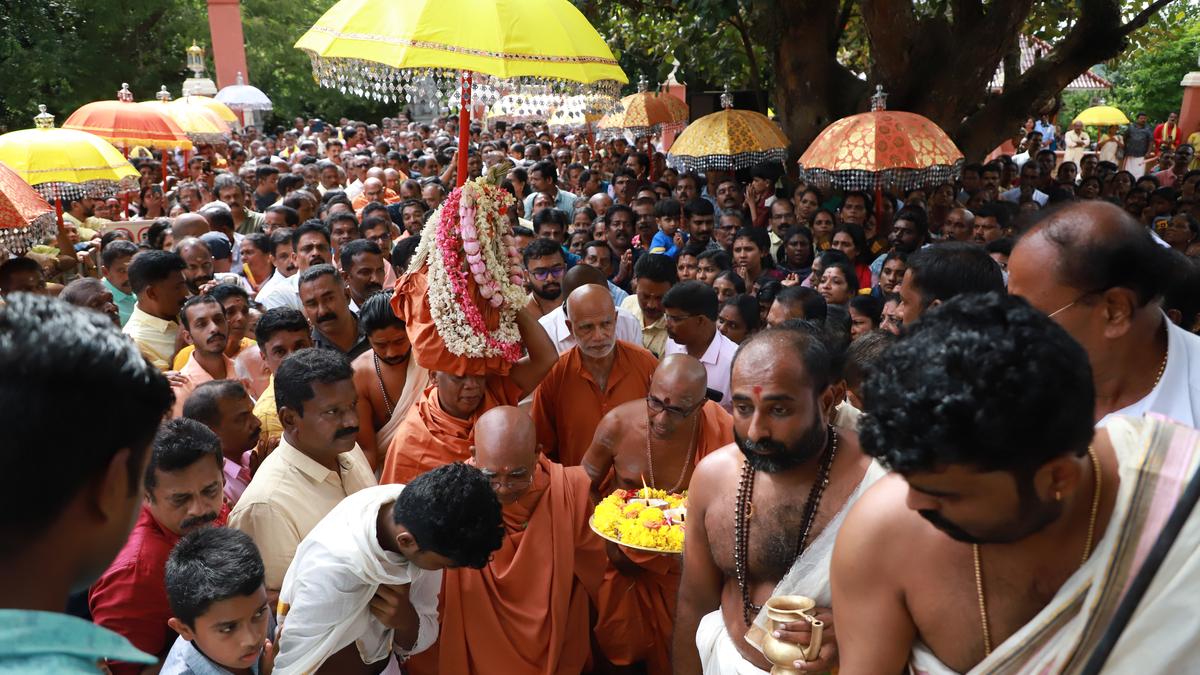
Kerala’s Hindu organisations divided over men wearing shirts in temples
The Hindu
Major Hindu organisations in Kerala divided over allowing men to wear shirts in temples, sparking debate on tradition vs reform.
Major Hindu organisations in Kerala are divided over a suggestion to let men wear shirts while entering temples in the State.
Sree Narayana Dharma Sangham Trust president Swami Sathchidananda has given a call to end the practice of men removing shirts in temples, terming it “regressive”. Backing the trust head, Chief Minister Pinarayi Vijayan said his words “echoed the reformist thought, life, and message of Sree Narayana Guru.”
Also read: Chief Minister Pinarayi Vijayan stands firm on remarks
While the Sree Narayana Dharma Paripalana (SNDP) Yogam, an organisation of the majority Ezhava community, has decided to renew its call permitting men to wear shirts, the Nair Service Society (NSS) has left it to the discretion of individual temple authorities.
Meanwhile, the Travancore and Guruvayur Devaswom Boards, which manage major temples in the State, are yet to finalise their positions on the issue.
“The Yogam will direct all its office-bearers to end the outdated practice in the temples managed by them at a meeting to be held in Kollam on January 4. We will write to all office-bearers of the Yogam at grassroots levels in this regard. The organisation had been campaigning to end the practice and update the temple customs and practices,” said Vellapally Natesan, general secretary of the SNDP Yogam.
However, NSS general secretary G. Sukumaran Nair said there was “no uniformity” in such practices in the Kerala temples managed by the organisation. It is more of a customary practice and would be better if left to the individual temple authorities to decide, he said.

In the syndicate meeting on December 20, 2024, Peer Jhad Fahimuddin, a member, objected to an event of special lectures by resource persons and experts from Delhi and other States organised by the Kannada Department on December 15, 2024 under the banner of the university without inviting any statuary officer, syndicate or Academic Council members.










